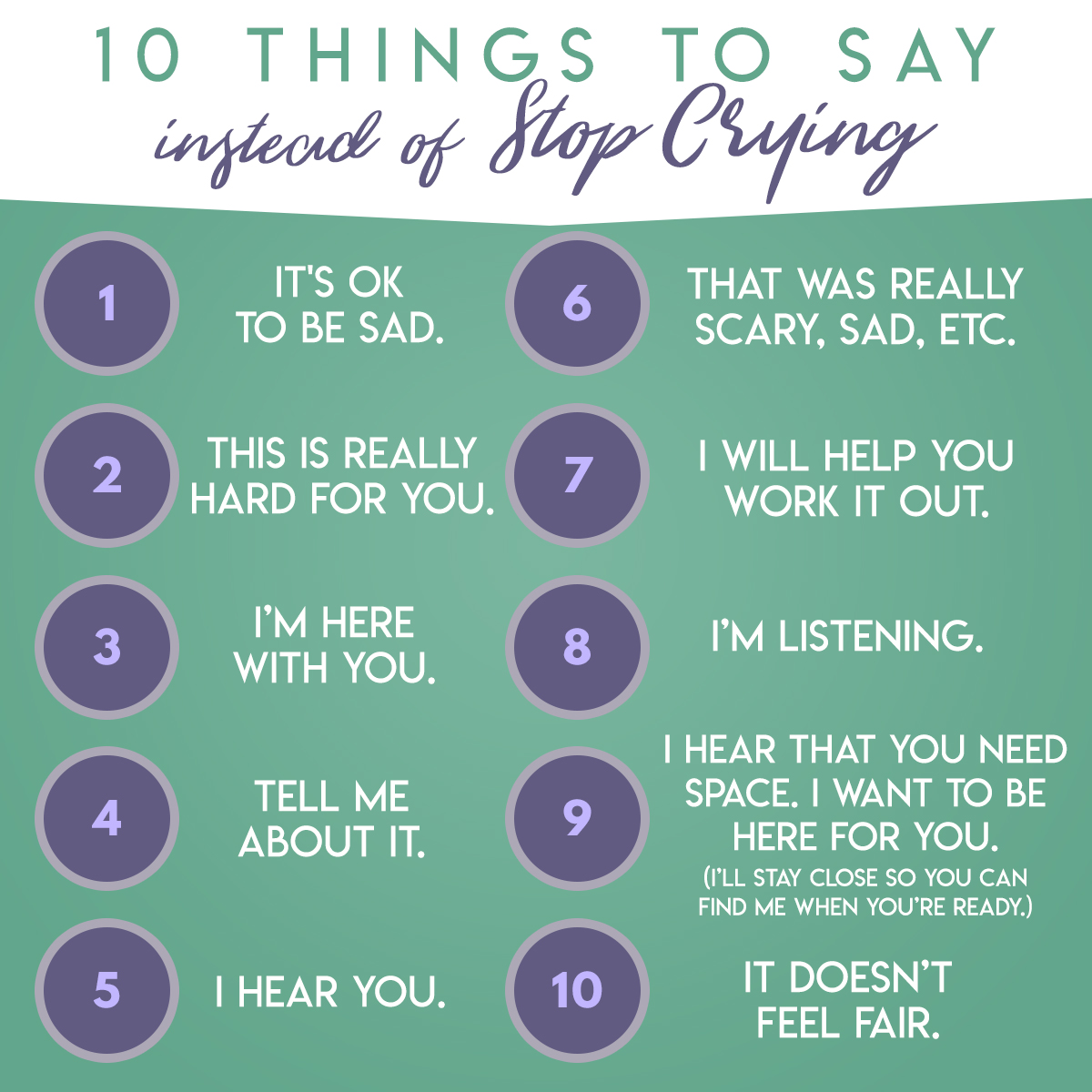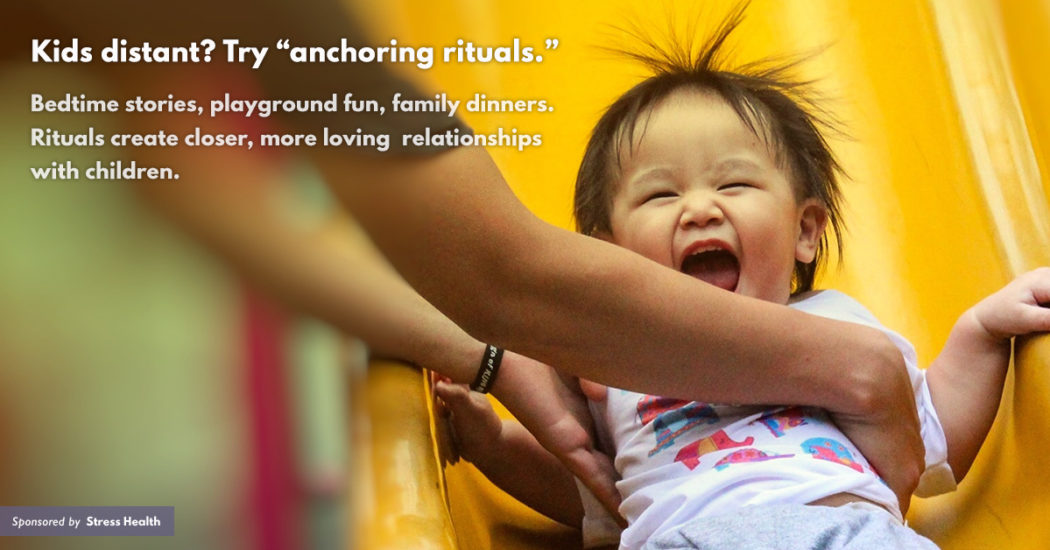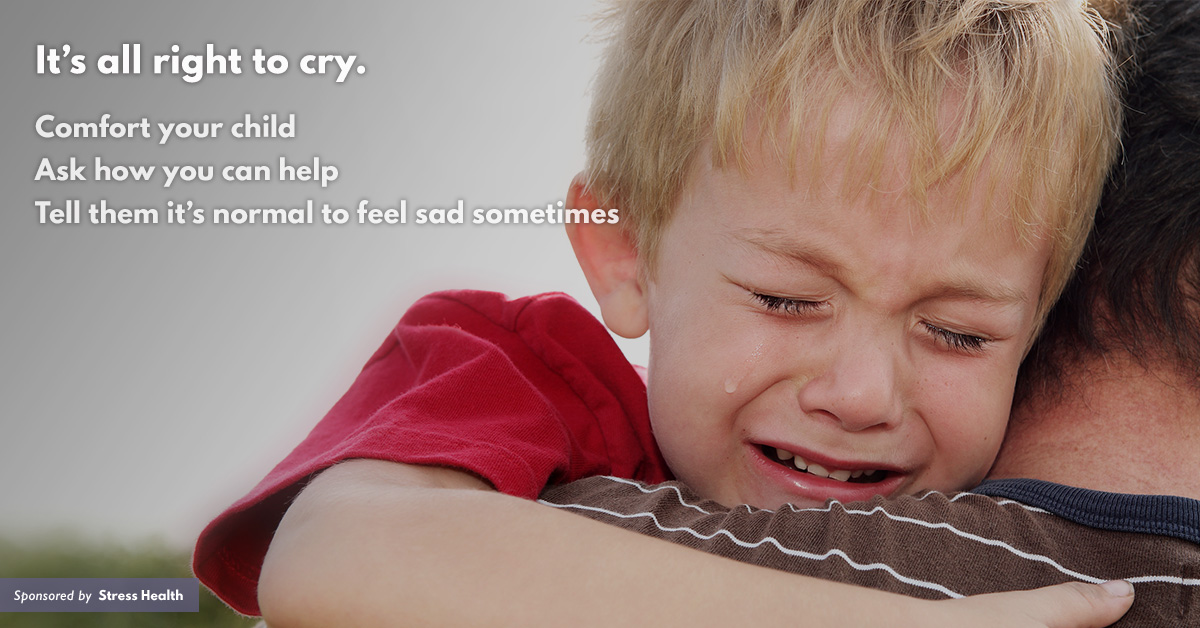Disclaimer: The following post is in partnership with Stress Health, an initiative of the
Center for Youth Wellness. All opinions are my own.
Working as a nurse with children for the past ten years has taught me a great deal.
During nursing school, I spent a lot of time learning about different physical illnesses as
well as symptoms that help to clue in a provider and help create a proper diagnosis.
Something I didn’t learn a enough about was the real effects that stress can have on a
developing brain, particularly in children.
This is a topic that we are learning more and more about. Working as a school nurse, I see a lot of children with ailments that could be physical illnesses or signs of stress. And not just any stress, toxic stress. Toxic stress is when a child has been exposed to an adversity that has the potential to be a life-altering traumatic experience.
Toxic stress can lead to sleep issues, stomach aches, frequent headaches, and acting
out emotionally. Emotional signs can include crying more than usual, becoming extra
clingy, regressing in toileting behaviors (bed wetting), talking like a baby, and
developing new fears.
Common signs of toxic stress in children and adolescents include:
● Poor coping skills
● Behavior and learning difficulties
● Mood swings
● Sleep issues
● Overeating and other compulsive behaviors
● Fear and anxiety triggered by people or places that remind them of past trauma
These important clues help to identify toxic stress but are not the only possible
symptoms. A child who is frequently ill or complains of recurring stomachaches can be
another sign of exposure to toxic stress. Even though children are often ill since they
have immature immune systems, those experiencing toxic stress are especially likely to
get sick or develop infections. They are also at higher risk for health conditions like
asthma. In addition, they may not mature physically and mentally at the same pace as other children.

Credit: Life Is Good
Learn More
A helpful video featuring pediatrician Nadine Burke Harris explains that the repeated
stress of abuse, neglect and parents struggling with mental health or substance abuse
issues has real, tangible effects on the development of the brain.
TED Talk | How Childhood Trauma Affects Health Across A Lifetime:
Protecting your children from toxic stress
When caregivers or parents care for children and offer support, children begin to feel
safe. Mental and physical security helps children feel protected against the effects of
toxic stress.
Other factors that can help protect from toxic stress for your child include; eating healthy
food, getting regular exercise, getting a good night’s sleep, practicing mindfulness, and
getting mental health support when needed. Together, these factors help lower the
stress response and help your child regain his health and vitality.
Knowledge is power, and for parents and others who may work with, know of someone
or possibly have experienced toxic stress themselves, it’s important to know how to get
help and recover from the trauma. The website Stress Health is a useful resource for
those affected by toxic stress.
With resources on mental health, healthy relationships, sleep, nutrition, exercise and
mindfulness, you’ll be sure to find a resource that is helpful and easy to understand.
Knowing where to get help is part of the battle of the road to recovery. Join the
movement today and begin educating yourself on toxic stress and learn how to heal.



